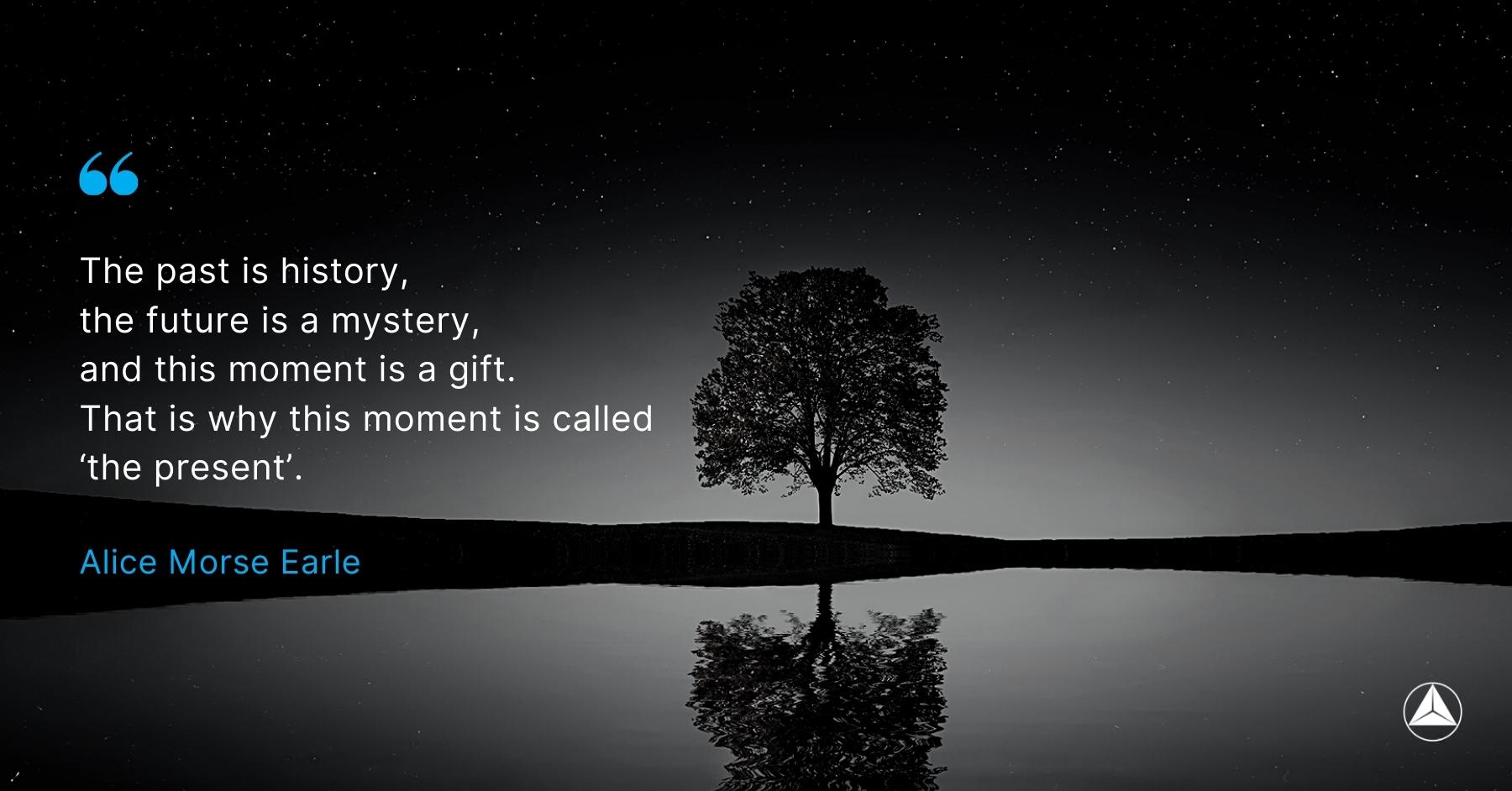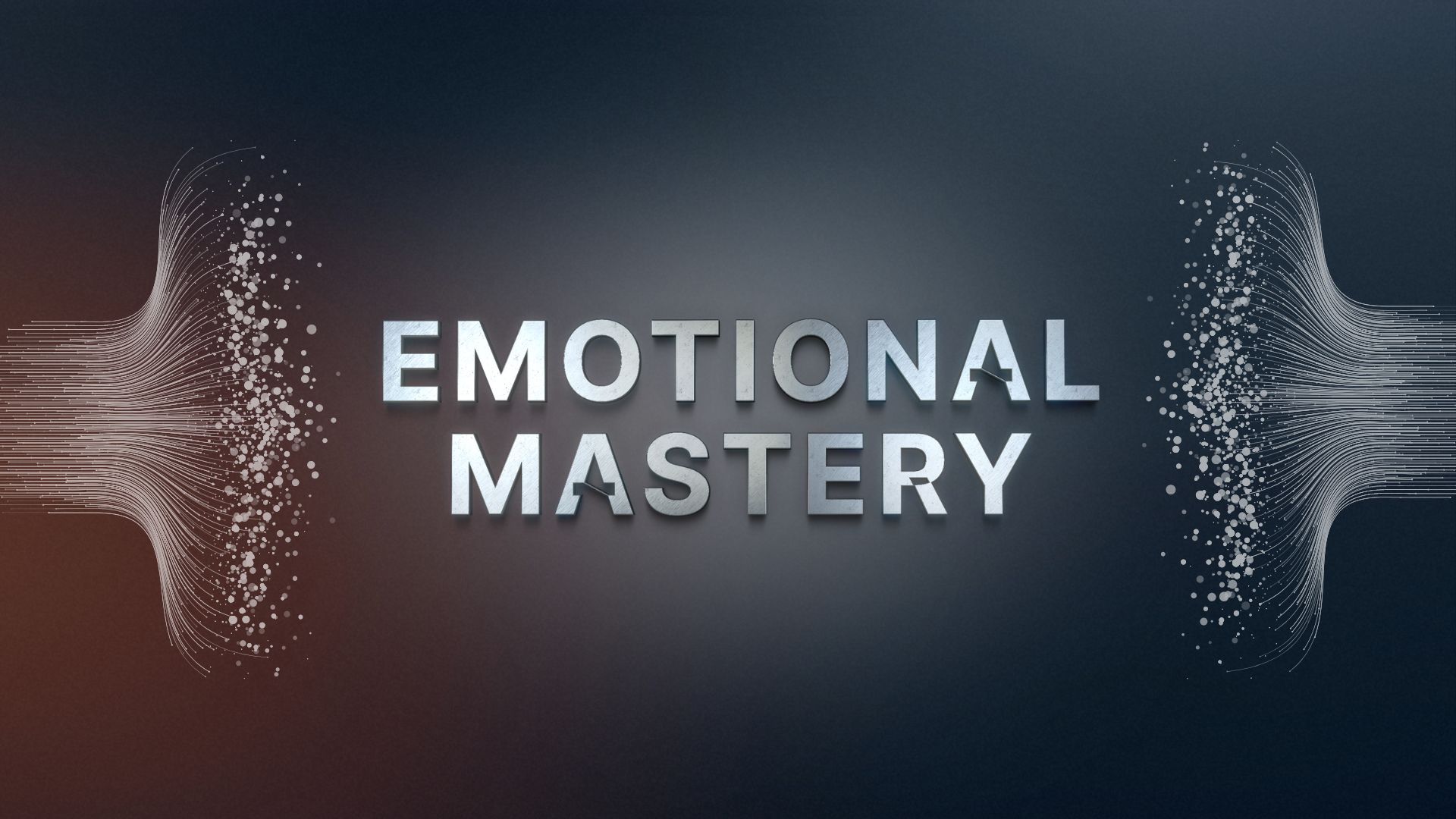Waarom we moeite hebben om in het moment te leven
De meeste mensen weten dat ze in het moment zouden moeten leven, maar weinigen doen dat ook echt. We brengen grote delen van onze dag door met het naspelen van het verleden of met ons zorgen maken over de toekomst. Onze gedachten jagen constant onafgemaakte taken, toekomstige doelen of oude spijt na.
Het moderne leven maakt het er niet makkelijker op. We worden omringd door afleidingen - meldingen, eindeloos nieuws en social media feeds. Deze constante mentale ruis trekt ons weg van het huidige moment en maakt het moeilijker om echt aanwezig te zijn.
De wetenschap achter leven in het moment
Onderzoek toont aan dat leven in het moment stress vermindert, de geestelijke gezondheid verbetert en gevoelens van vreugde verhoogt. Als we ons richten op wat er nu gebeurt, veranderen onze hersenen van de standaardmodus (automatisch, verstrooid denken) naar een meer gerichte, doelbewuste staat.
Deze verandering verbetert de emotionele regulatie en verlaagt angst. Aanwezig zijn helpt ook om de band met anderen te versterken. Als je echt luistert en betrokken bent zonder afleiding, verdiepen relaties zich en voelen ze betekenisvoller.
Praktische manieren om elke dag in het moment te leven
Leren om aanwezig te blijven vereist geen grote veranderingen in je levensstijl. Het begint met kleine, consistente acties.
-
1
Gebruik je zintuigen als ankers
Concentreer je op wat je nu ziet, hoort, voelt of ruikt. Let op kleine details zonder te oordelen.
-
2
Probeer micro-pauzes
Neem een korte pauze voordat je een e-mail beantwoordt, een kamer binnengaat of aan een maaltijd begint. Adem en check in met je lichaam.
-
3
Oefen single-tasking
Doe één ding tegelijk. Multitasken verdeelt je aandacht en maakt het moeilijker om volledig van elk moment te genieten.
-
4
Introduceer mindfulness rituelen
Een ochtendademhalingsoefening, een korte wandeling zonder je telefoon of een eenvoudige bodyscan kunnen je helpen om weer contact te maken.
Deze technieken helpen je geest te trainen om gedurende de dag terug te keren naar het heden.
Veel voorkomende mythes over leven in het moment
Een veel voorkomende mythe is dat leven in het moment betekent dat je de toekomst negeert of verantwoordelijkheden verwaarloost. In werkelijkheid helpt aanwezig zijn je om toekomstige plannen met meer duidelijkheid en focus te benaderen.
Een andere mythe is dat je "spiritueel" moet zijn of urenlang moet mediteren. Hoewel meditatie kan helpen, kun je aanwezig zijn oefenen tijdens elke gewone activiteit: afwassen, praten met een vriend of zelfs woon-werkverkeer.
Hoe uitdagingen overwinnen en aanwezig blijven
Het is normaal om te worstelen met hoe je in het moment kunt leven, vooral als je gewend bent om te veel na te denken.
Begin klein. In plaats van te proberen de hele dag aanwezig te zijn, kies je één activiteit waarbij je je volledig concentreert. Leid je aandacht zachtjes terug telkens als hij afdwaalt.
Als je je angstig voelt, concentreer je dan op je ademhaling of aard jezelf met fysieke sensaties (zoals je voeten op de grond voelen). Na verloop van tijd bouwen deze kleine gewoontes een sterkere basis om vaker in het moment te leven.
De diepere beloningen van aanwezig zijn
Als je leert aanwezig te zijn, verandert het dagelijks leven op subtiele maar krachtige manieren. Je begint kleine vreugden op te merken - een warme kop koffie, een oprechte glimlach, het geluid van de regen.
Leven in het moment stelt je in staat om je dieper te verbinden met jezelf en anderen. Je voelt je minder gehaast, minder reactief en hebt meer vrede met wat er is.
Naast de emotionele voordelen kan deze praktijk je helpen om duidelijkere beslissingen te nemen en meer in overeenstemming met je ware waarden te leven.
Conclusie
Jouw uitnodiging om vandaag te beginnen
Leven in het moment gaat niet over perfectie. Het gaat over terugkeren naar nu, telkens weer.
Je hoeft niet te wachten op de juiste tijd of ideale omstandigheden. Je kunt beginnen met één ademhaling, één pauze of één keuze om hier te zijn.
Het huidige moment is altijd beschikbaar - en dat geldt ook voor een rijkere, vreugdevollere ervaring van het leven.






